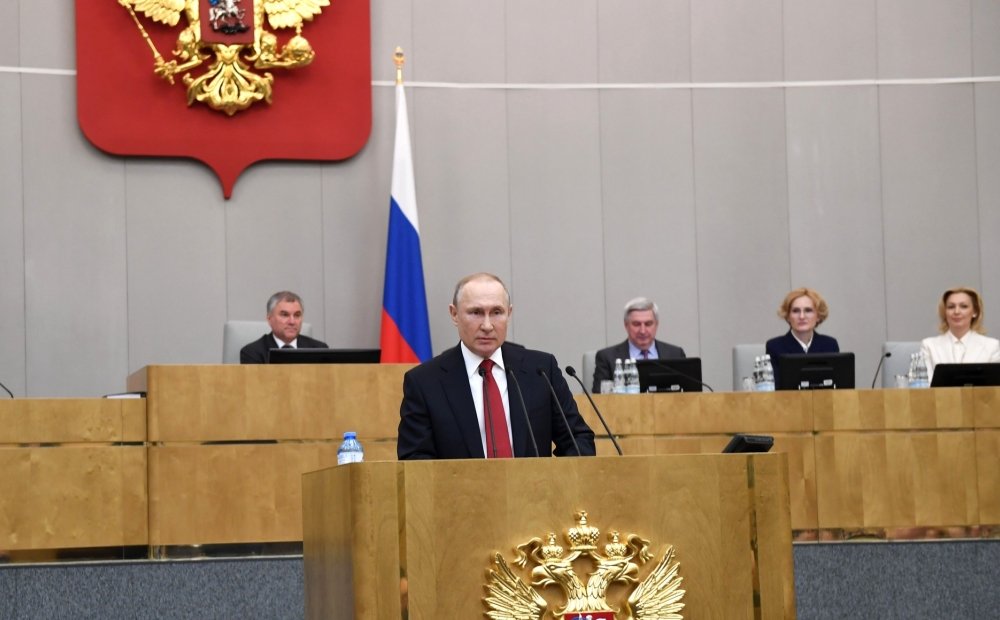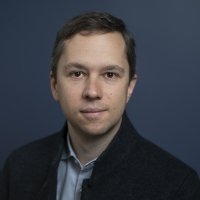Ground Truth Briefing | Putin's Extended Presidency

SUMMARY (A full transcript of the call can be found at the bottom of this page)
After an introduction by Wilson Center CEO and President Jane Harman and Kennan Institute Director Matthew Rojansky, the four speakers addressed the proposed amendments to the Russian Constitution within the context of the COVID-19 pandemic. Kennan Deputy Director William Pomeranz and independent scholar Grigory Vaypan considered the legal ramifications of the changes, while attorney Marina Agaltsova discussed their impact on human rights. Kennan Senior Advisor Maxim Trudolyubov placed the amendments within the broader context of international responses to the pandemic.
Beginning the discussion, Maxim Trudolyubov highlighted how the nominal referendum on the constitutional amendments has not been postponed - as elections have been in other states - suggesting that the Russian authorities “clearly prioritize this [political] process that they themselves created that they think will make Putin’s next term legitimate [...] over quarantine measures.”
Grigory Vaypan then highlighted how the activities of Russian courts are now all but suspended due to the virus, and that no cases except the most urgent will be heard until April 10. The fact that the Constitutional Court released its official opinion on the proposed amendments this week after just two days of deliberation, Vaypan suggested, demonstrates how the judges are “participating in the legitimation game” aimed at keeping Putin in power.
William Pomeranz considered the re-integration of ideology into the constitution, highlighting amendments aimed at bolstering a conservative patriotic order such as the inclusion of God and the definition of marriage as the union of a man and a woman. He also discussed the new emphasis upon ethnic Russians, something that the original Yeltsin-era document sought to avoid, with the reference to this group as “the state-forming people” of the Russian Federation. He stated that this addition “breaks many taboos observed throughout Russian and Soviet history [and is] is bound to upset the national minorities.”
To conclude, Marina Agaltsova highlighted the ad hoc way in which the amendments have been introduced, stating that the Constitution has been “amended in a very brutal way without any regard for requirements about how it should be changed.” She also considered the impact on freedom of speech of the amendment to Article 67 which forbids the disparaging of the achievements of the Russian people “in defense of the Fatherland.”
Selected Quotes
Maxim Trudolyubov
“Moscow, the Kremlin, and the current president, clearly prioritize the political process that they themselves create that they think will make Putin’s next term legitimate. They clearly prioritize this over quarantine measures, which are a strain to the economy, but clearly they don’t want to cause any strain to their political process.”
“They [the Kremlin] don’t seem to be threatened or seem to fear that they will lose anything from the grassroots. They just want to keep the political machine running, and they kind of believe that if they manipulate the figures enough, they will win.”
Grigory Vaypan
“We can see on the one hand, Russian courts are not working, people are not getting access to justice, but on the other hand we see the Russian constitutional in 48 hours approving of all the complicated provisions, a 68 page document with the amendment to the Russian constitution, approving of all of that, instantly. So, we clearly see the priorities for the Russian judiciary at this time.”
“So we clearly see this fascinating picture of the Russian judiciary participating in its own self destruction, and we see the Russian judiciary - especially the constitutional court - getting more and more involved in this political process at the expense of its own integrity.”
Marina Agaltsova
“What I found was that the Russian Federation honors the memory of the defenders of the Fatherland and protects historical truth. Now, according to this amendment, it is prohibited to disparage the significance of the achievements of the Russian people while defending the fatherland.”
“The freedom of speech situation currently in Russia is a very hot topic, and the freedom of speech is limited in many aspects. I expect a further limitation in freedom of speech.”
William Pomeranz
"I don’t think we need to wax idealistic about the current constitution. It has never been fully implemented. It remains largely an aspirational document and often not a description of reality. And finally, the constitution itself has possessed strong statist tendencies which Boris Yeltsin relied on and which Putin has expanded. So on a certain level, nothing has changed, and yet, everything has changed.”
“We now have this very awkward provision in Article 68, which talks about the Russian language as the language of the state-forming people, thereby elevating the place of Russians in the Russian Federation. I think this breaks many taboos that have been observed throughout Russian and Soviet history, and is bound to upset the national minorities that, one must remember, make up twenty percent of the population.”
Speakers

Senior Lawyer, Memorial

Attorney at Law, Human Rights Center "Memorial"

Editor-at-Large, Meduza

Moderator

President and CEO, US Russia Foundation
Hosted By

Kennan Institute
The Kennan Institute is the premier US center for advanced research on Eurasia and the oldest and largest regional program at the Woodrow Wilson International Center for Scholars. The Kennan Institute is committed to improving American understanding of Russia, Ukraine, Central Asia, the South Caucasus, and the surrounding region though research and exchange. Read more
